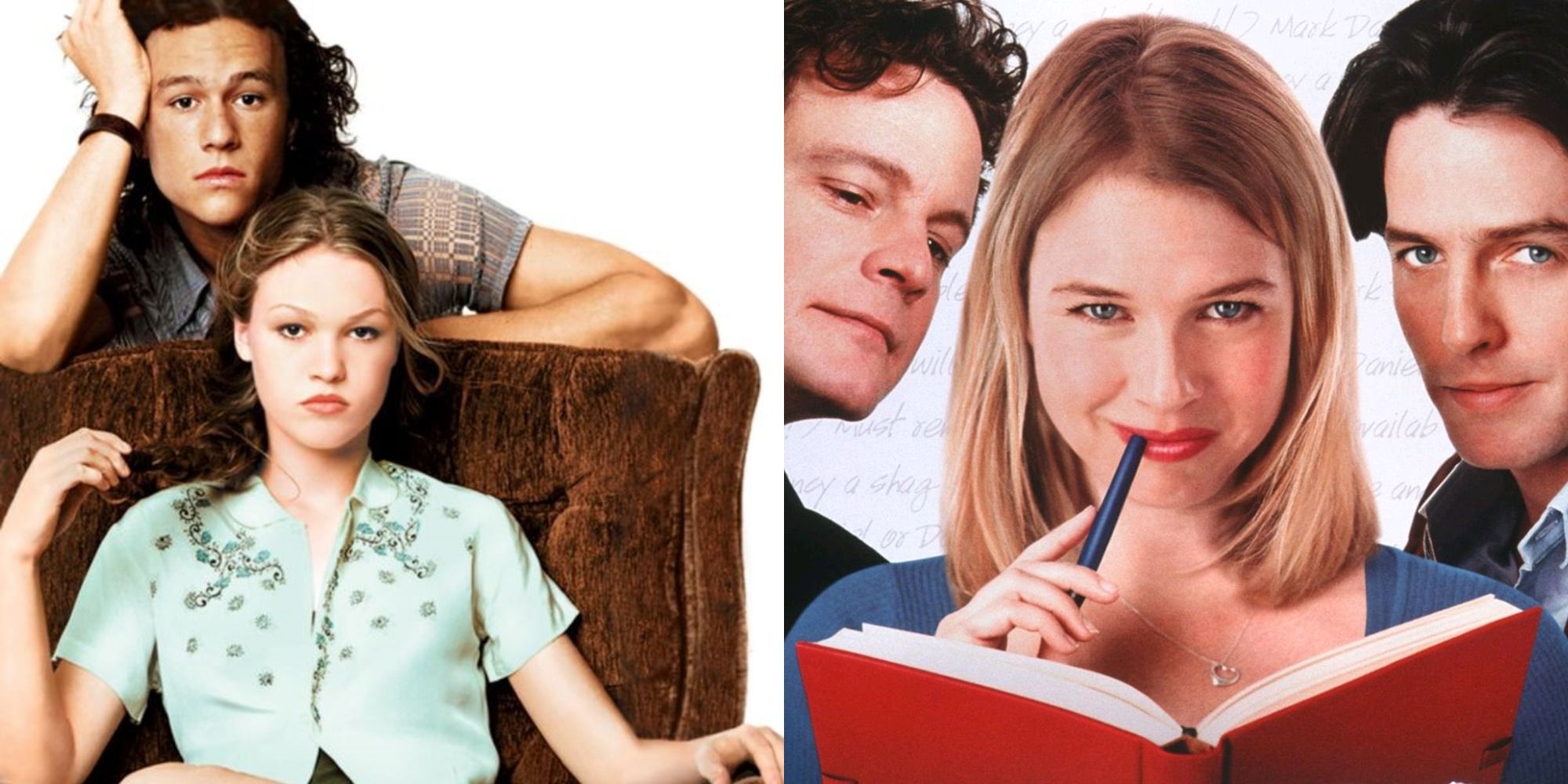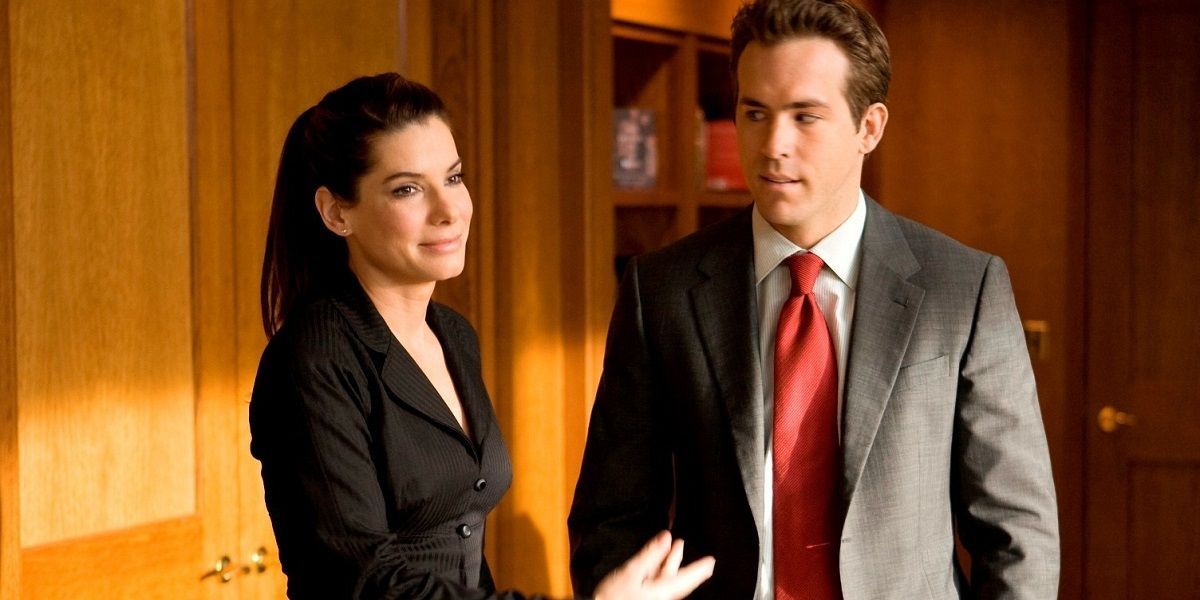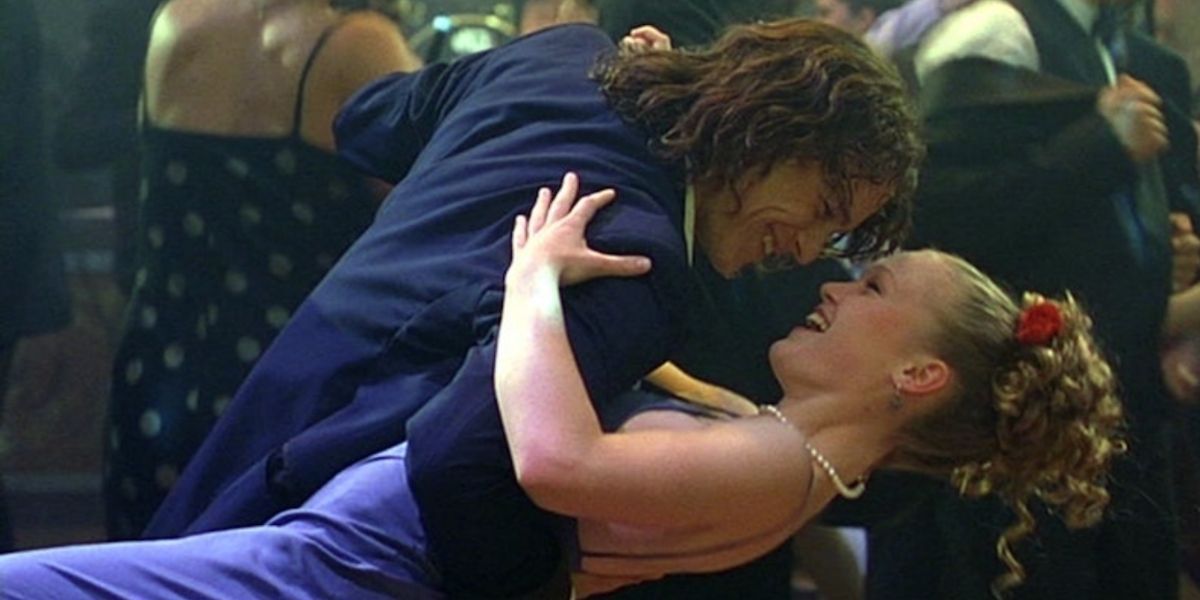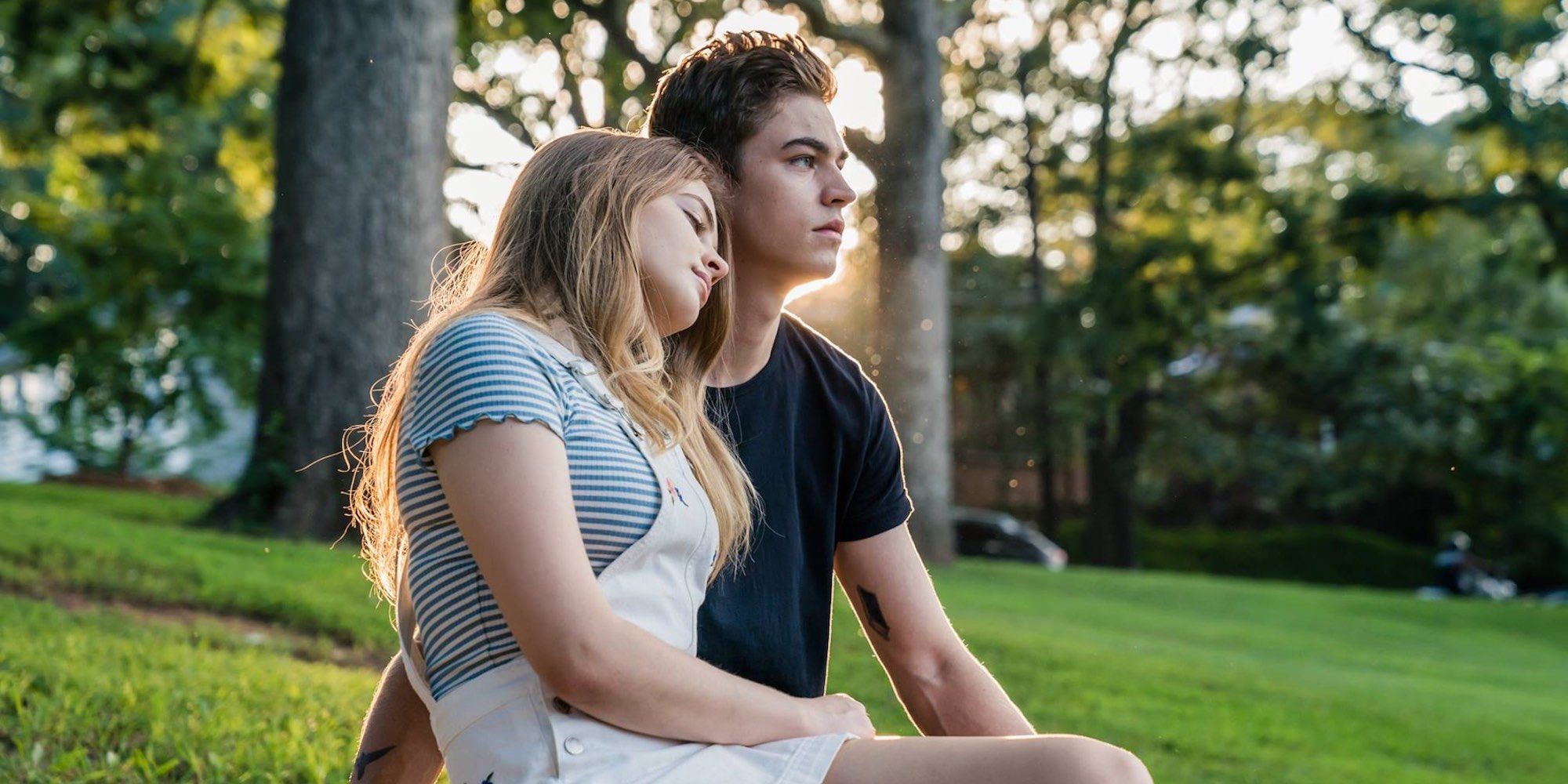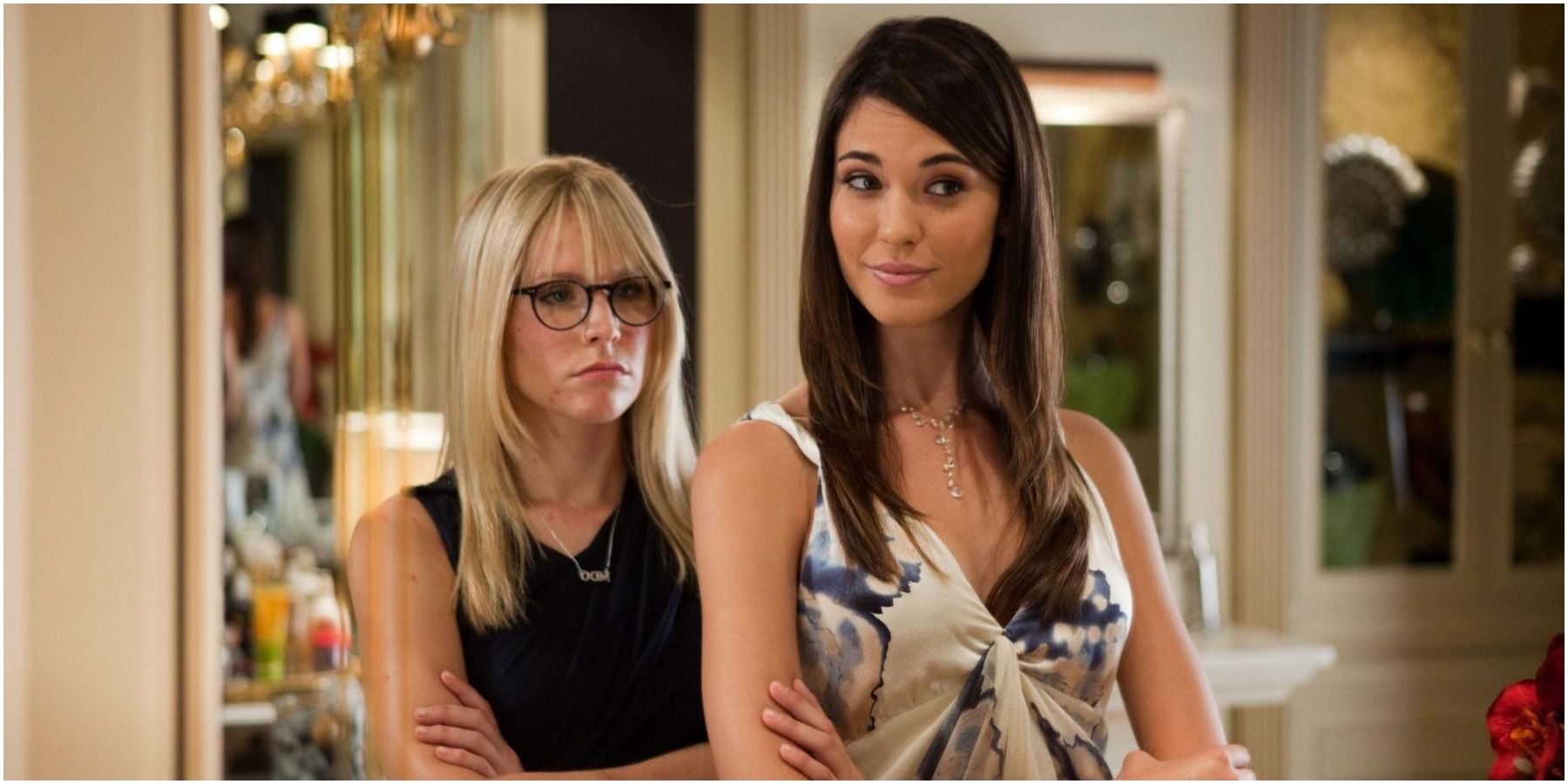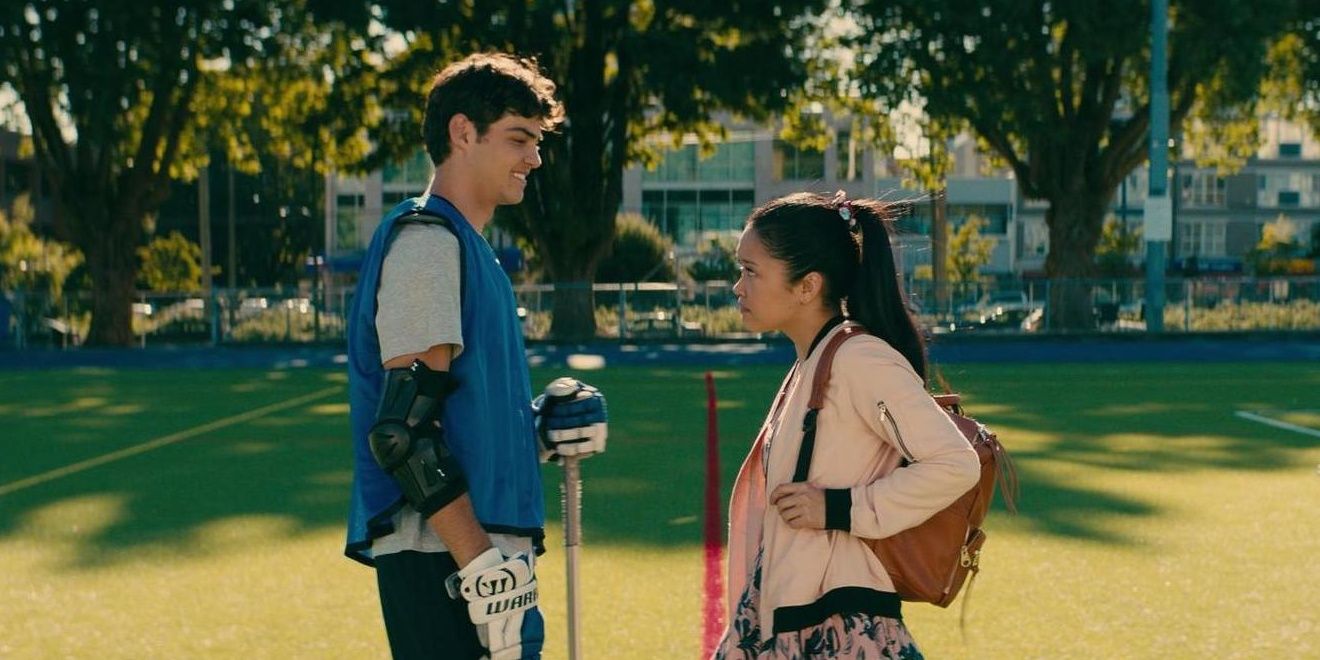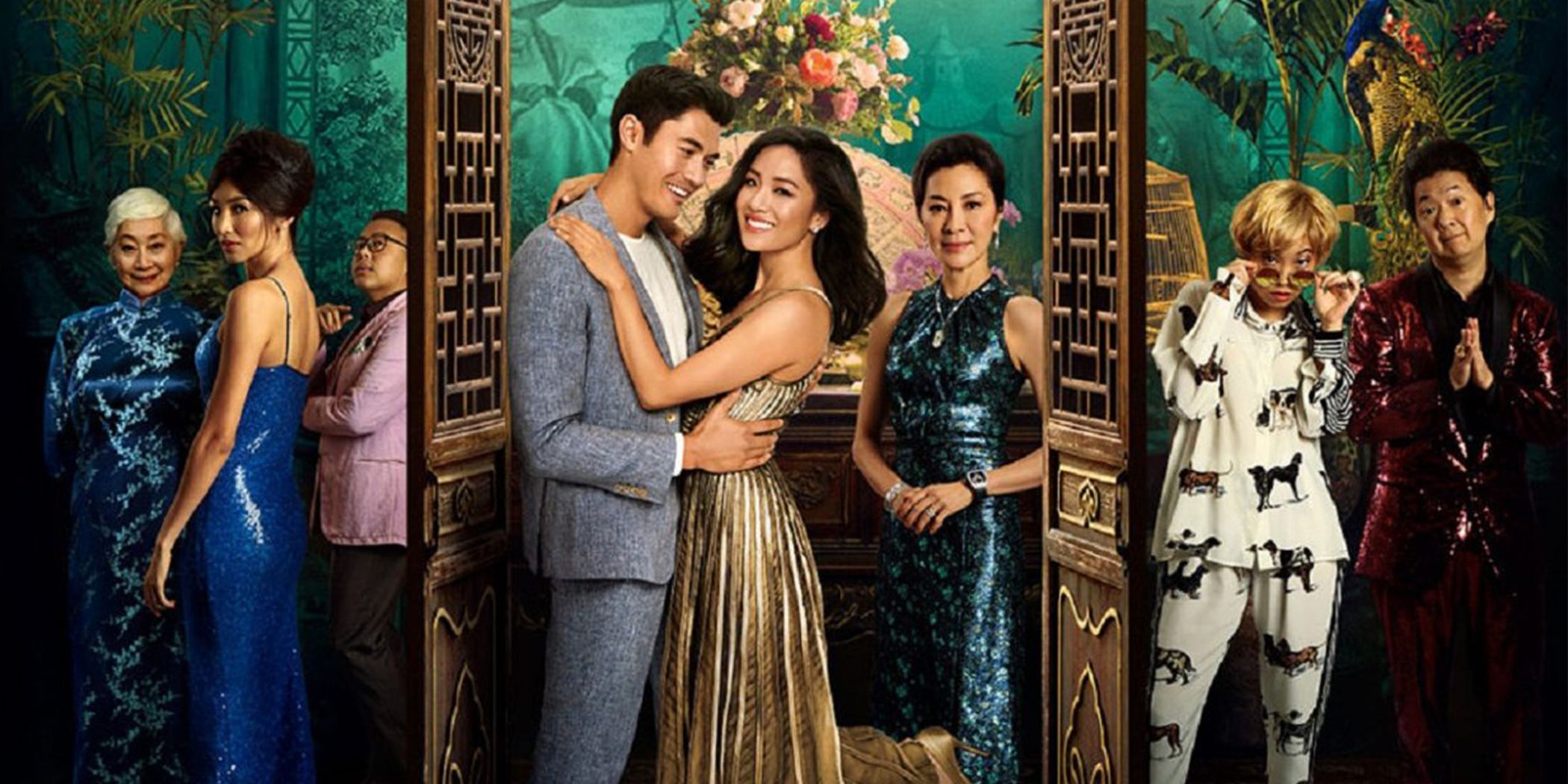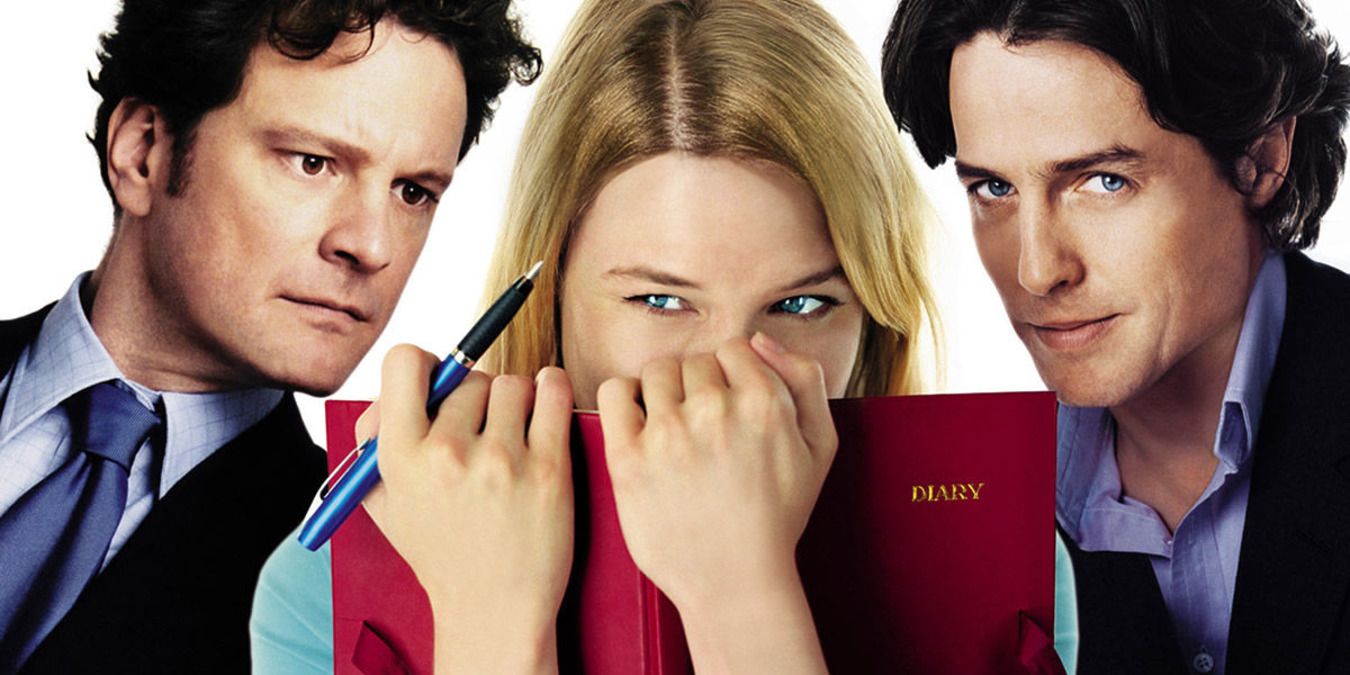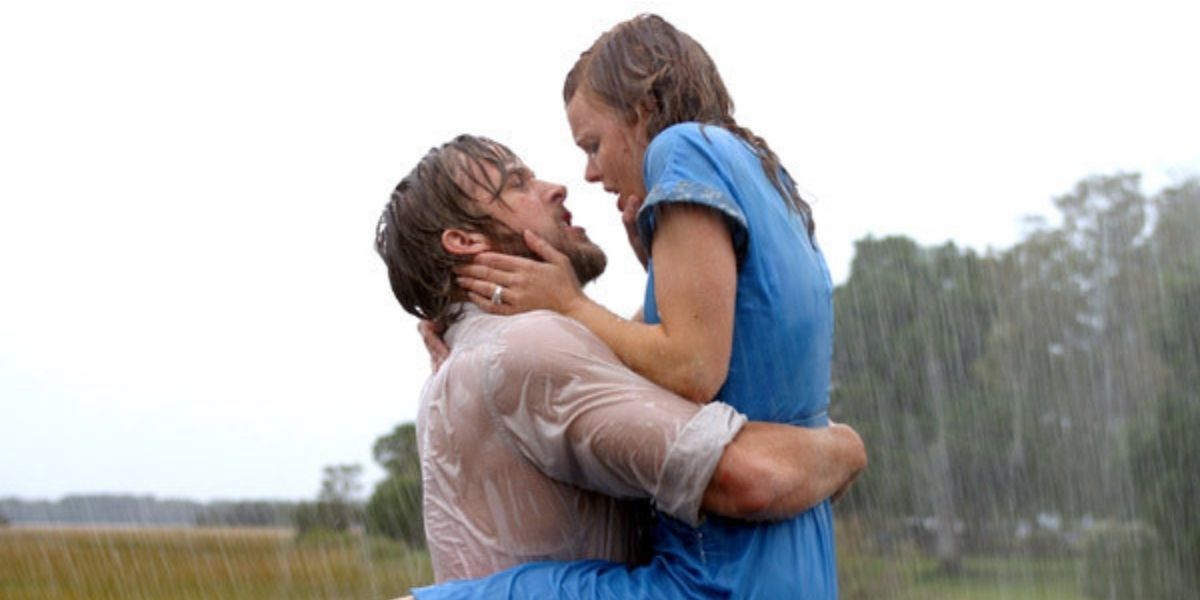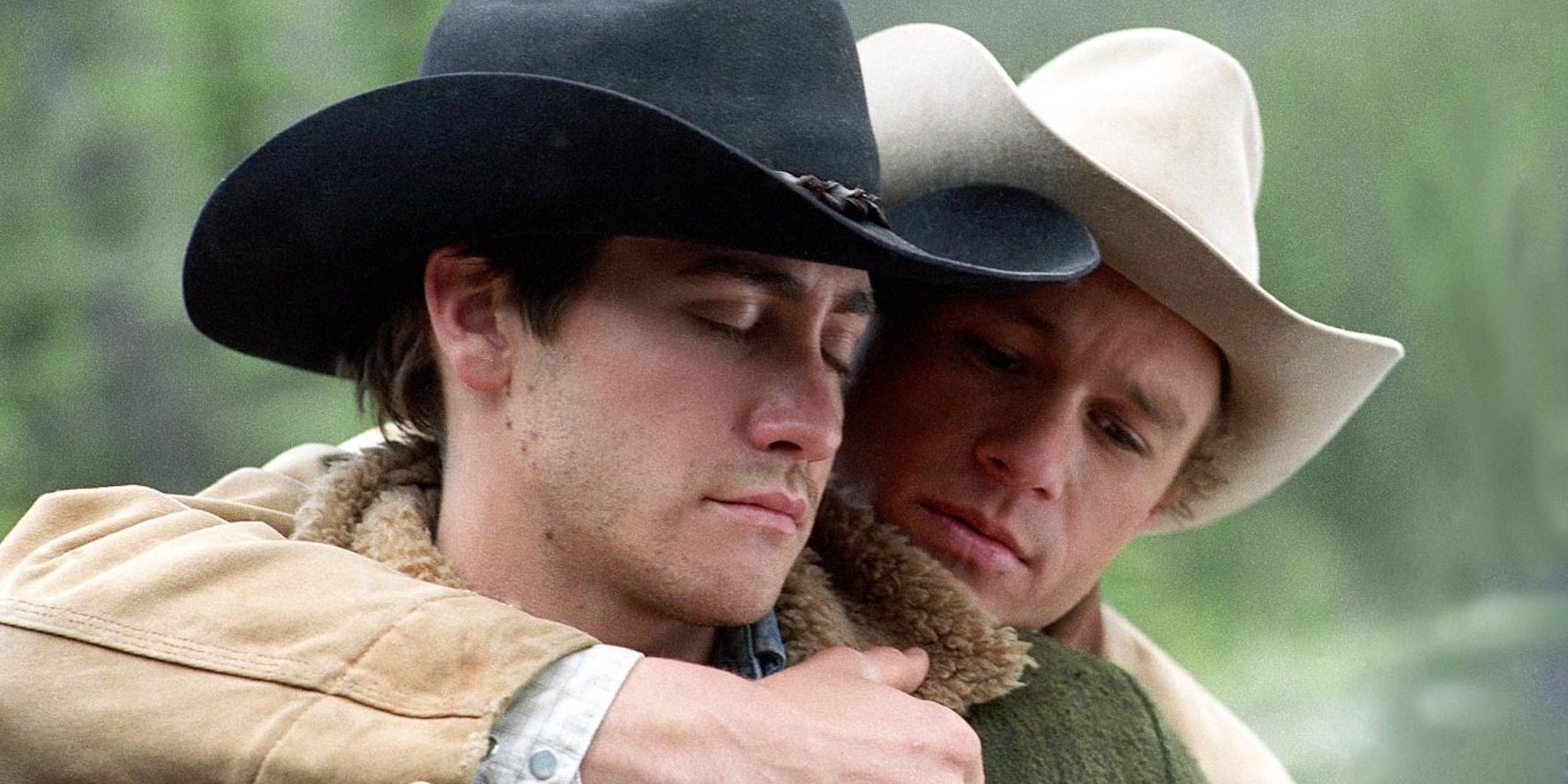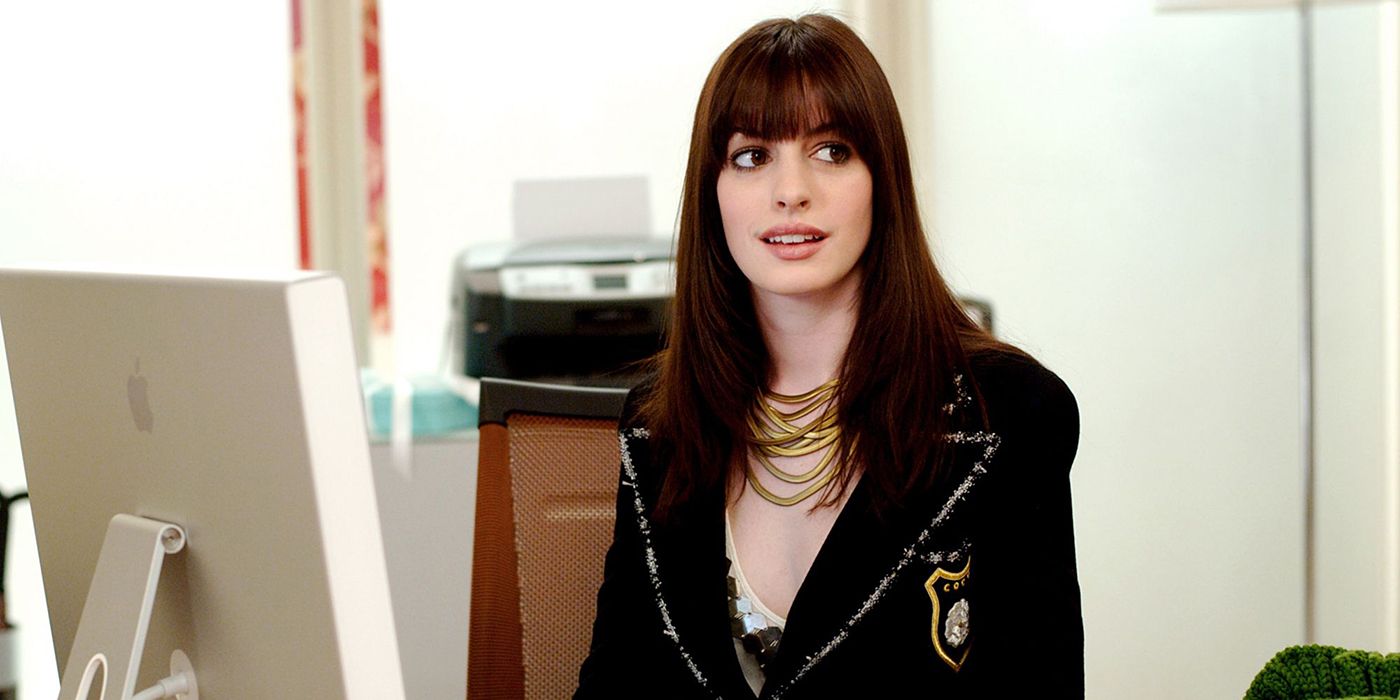When it comes to romance novels, it is very common to notice a trope (or even multiple) make appearances across various books. So when romance movies started being made, the same idea trickled down into the process.
Even though romance movies try their best to bring in original ideas, it's still common for them to use successful tropes as a building block to expand their plots. While some tropes may be a bit overdone, fans still look forward to movies that will use them as plot devices, as they've grown accustomed to a certain style - after all, romance movies are nothing if not comforting.
Too Busy For Love
Studios and TV channels, famously Hallmark, love to have a movie where the main character, typically the girl, is a hard worker and a bit too focused on her career.
The movie usually has a friend or family member who tells the main character they’ll never find love if they don’t open themselves up. An example of this can be seen in The Proposal which has both its main characters too involved in their jobs and eventually falling in love with each other.
Enemies-To-Lovers
One of the most beloved tropes in romance movies, Enemies-to-Lovers has the main character slowly fall for the one person they swore they’d never like. The movie usually has the two enemies forced together against their will, whether it be for a school/work project or a cross-country trip.
A popular instance of this trope in movies is seen in 10 Things I Hate About You, which has the main character paid to make a girl fall for him, only to find the girl despises him. Of course, as with all romance movies, the walls usually come down and they end up getting together.
The Bet
More common in teen romance movies, but still popular in the romance genre as a whole, is the idea that the love interest only asks the main character out for a bet. Eventually, the love interest realizes that the fake feelings are actually real a bit before the main character finds out and ends their relationship.
A popular example of a relationship bet in movies is seen in the After series, most prominently in the first movie. After the main character learns of the bet, she ends things, only for them to reunite in the sequel.
Childhood Crush
This trope sees the main character, typically one who moves away from home, return only to find their childhood crush single and nearby. This then leads to the once proud and strong main character consistently making a fool of themselves around this old love.
One movie that uses this is You Again, which shows the main character leaving behind her bullied past to becoming a successful PR rep. However, upon going home for her brother’s wedding, she runs into her old crush and slowly reverts back to her old ways.
Fake Relationship
The Fake Relationship is a trope commonly used in romance movies, either because the main character is too scared to tell their parents they’re still single, they don’t want to deal with the nagging, or there is something both parties can get out of fake dating.
Of course, one or both fall in love with each other and they either end up getting together or temporarily break up, only to get together at a separate time. A movie where this idea is used is To All The Boys I’ve Loved Before, which has Lara Jean and Peter get together in a fake relationship, one to avoid a crush and the other to make an ex jealous, but end up falling in love.
Vengeful Ex
In every movie, there usually needs to be an antagonist, and in some romance movies, that comes in the form of an ex who isn’t quite over the love interest. The ex will either appear friendly at first, only to backstab the heroes, or they’ll approach it as a scornful presence the whole movie.
One recent example of this was in the fan-favorite rom-com, Crazy Rich Asians, where the love interest’s ex appears friendly at first to the main character. However, towards the end of the movie, the true colors eventually come out, resulting in juicy conflict.
Love Triangle
One of the more overused tropes, especially in teen romance movies, is when the main character is stuck between two love interests. The main character usually can’t decide who is better for them, often leading to dating them both or refusing to see either out of fear of making the wrong decision.
Bridget Jones’ Diary famously uses this idea, having the main character stuck deciding between two men. Another example is the famed YA series, Twilight, which has Bella falling both for a vampire and werewolf, although in different ways.
Second Chance
Anyone who has been dumped has secretly hoped that their ex would come crawling back and begging for them to take them back. The reasons for breaking up can vary, from them being immature to reputation or parental involvement.
One classic movie that uses this trope is The Notebook, which sees the couple break up due to her parent’s disapproval and their social status difference. Eventually, the two realize they can’t live without each other, reunite and passionately express their love for each other.
Forbidden Love
The love that cannot be is perhaps one of the most beloved tropes in the romance genre. This trope sees two people fall for one another, but forced to keep their love secret out of fear.
One popular movie with this idea is the beloved classic adaption of Romeo and Juliet. A more modern approach to this is shown in Brokeback Mountain, which follows two cowboys realizing they’re gay, but staying with their wives and meeting in secret so they aren’t ostracized by society.
“You’ve Changed”
This trope, while typically being associated with falling out of love instead of in love, is very popular in the Romance genre. This sees the main character already in an established relationship at the beginning of the movie. Whether it be due to a new job, new looks, or a new attitude, the main character eventually changes who they are, which leads to the couple breaking up.
One movie that uses this trope, even though fans side with the main character, is The Devil Wears Prada. While fans agree that Andrea, played by Anne Hathaway, didn't change, but instead needed a more supportive boyfriend, she eventually "changes" back for him in the end.

